AI in education, it’s sooner than you think!
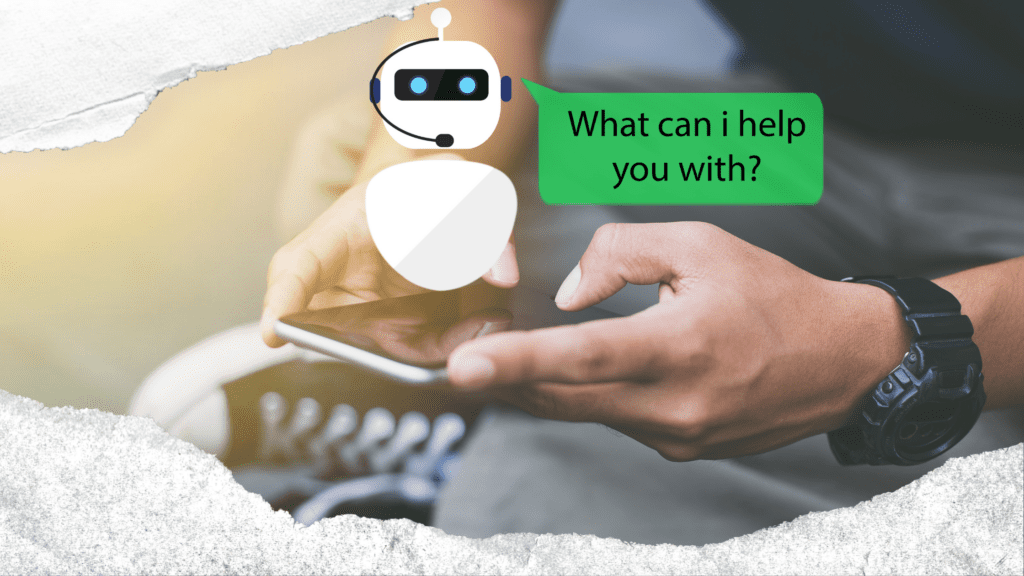

There is no doubt that Artificial intelligence (AI) has the potential to revolutionize education, but I certainly understand if you think claiming it will replace human-driven education might be an overstatement at this point or even an impossibility.
But are you sure? In this series we’ll explore some of the ways AI in education will impact every facet of the educational process, from curriculum, to methodologies, to both the teacher and student experiences, and it’s possible you may adjust your thinking quite a bit.
Several key factors point to areas where, even in its most current iteration AI is likely to significantly impact, and possibly even replace, certain aspects of our educational system in the very near future.
One of the biggest challenges educators face today is the ability to personalize learning. Children learn in too many different ways and at varying paces to make it realistic for teachers to reach all of them with relevant materials and learning scenarios all the time. AI can analyze student achievements and learning patterns in real time, and create individual curriculums tailored to each student’s strengths, weaknesses, and learning styles.
Accessibility to equal education for all is far from reality today, and unlikely to change anytime soon without AI. AI-powered online courses, virtual classrooms, and tutoring programs have the ability to provide equal learning opportunities to students across the world, overcoming geographical, economic, and social inequalities.
Offering an up-to-date curriculum is another impossibility at the current time. The world simply moves at a never before seen speed of change, not to mention the cost of creating new relevant learning tools and curriculum in near real time. AI can sift through vast amounts of data and adapt learning materials in real-time to reflect the latest advancements and findings, keeping students up-to-date with evolving information.
Education today also struggles to provide students with rapid feedback on their work and accomplishments. AI, on the other hand, can offer in-the-moment feedback to students, giving them the ability to correct mistakes and learn from them immediately, while they are still top of mind, rather than having to wait for an instructor to review their work.
Reimagining the classroom experience. The school classroom is competing with amusement parks and video games and modern day media every day and is failing to keep up. AI in education can bring the excitement back to learning. AI can be the stimulus for simulation-based learning, creating realistic, immersive virtual environments will allow students to experience and learn in ways not accessible or feasible in a traditional classroom setting.
And that’s just the beginning.
Parents who are concerned about the use of artificial intelligence (A.I.) in classrooms can benefit greatly from joining Professor Stork’s community. By connecting with other parents who share their concerns, they can build a network of support and exchange information and ideas on how to address this issue with school administrators and policymakers. Through Professor Stork’s community, parents can become more informed and empowered advocates for their children’s education in the age of A.I.
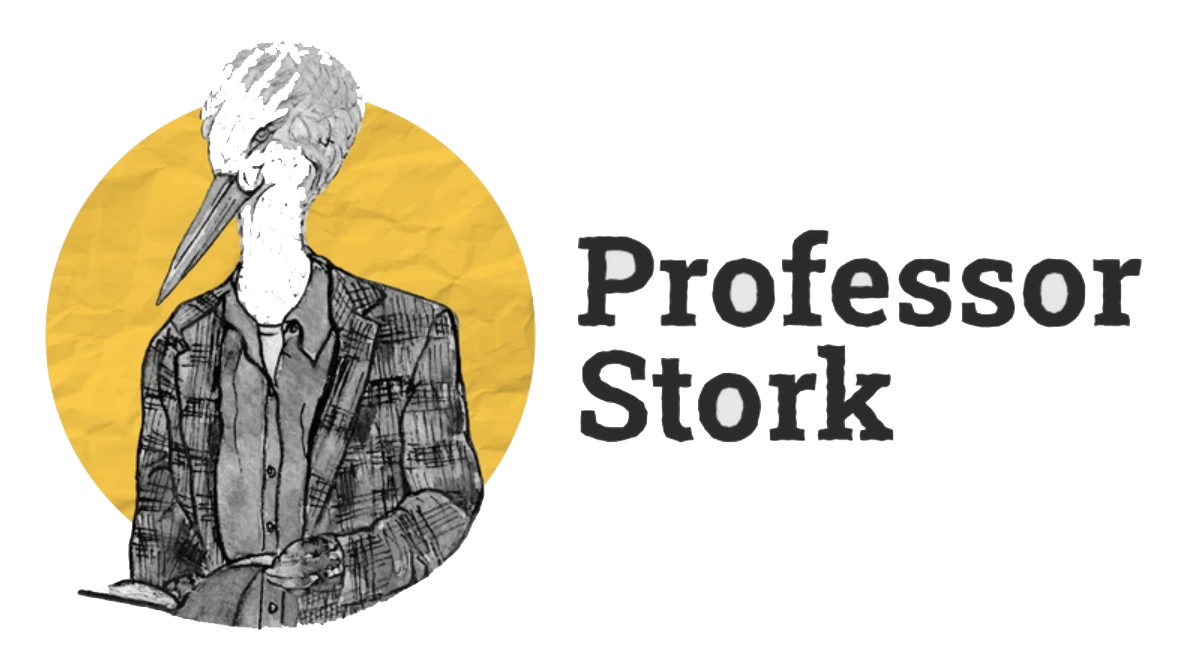
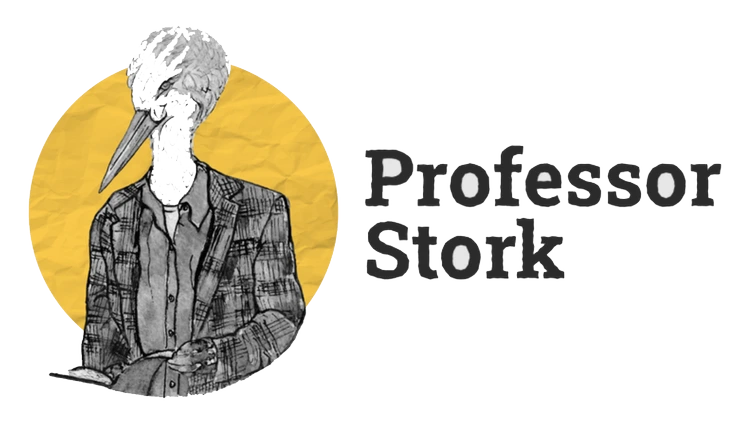
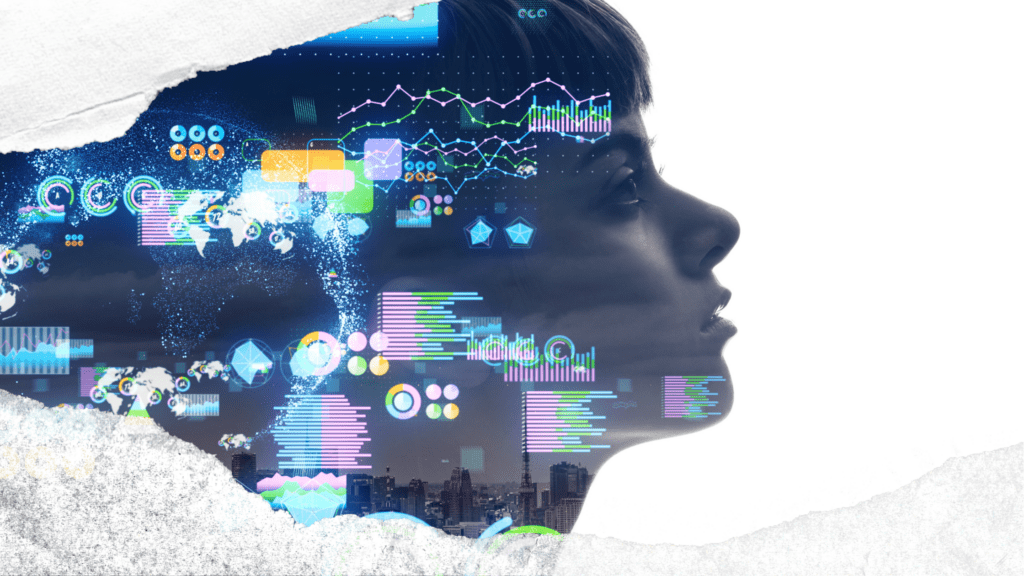

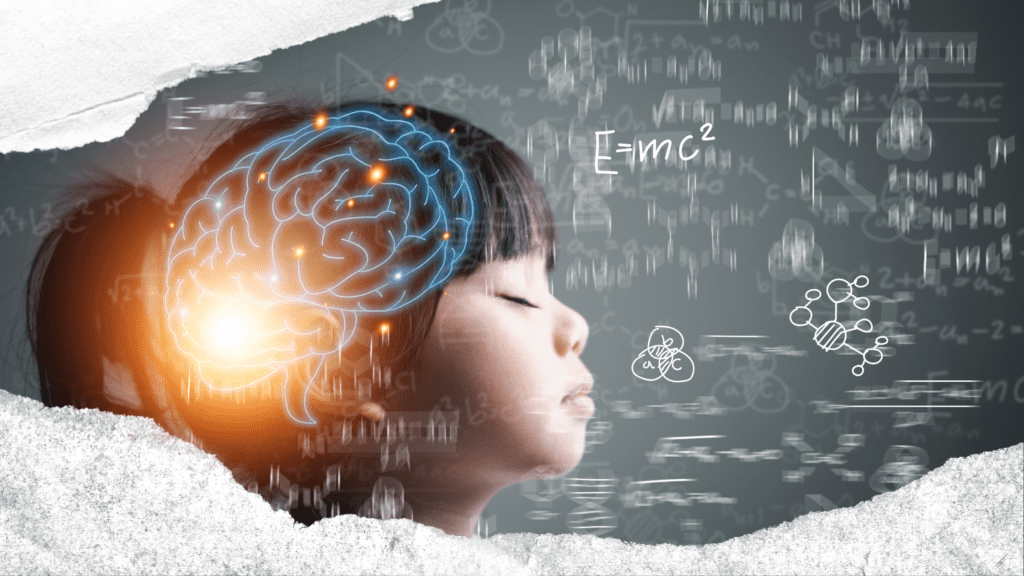
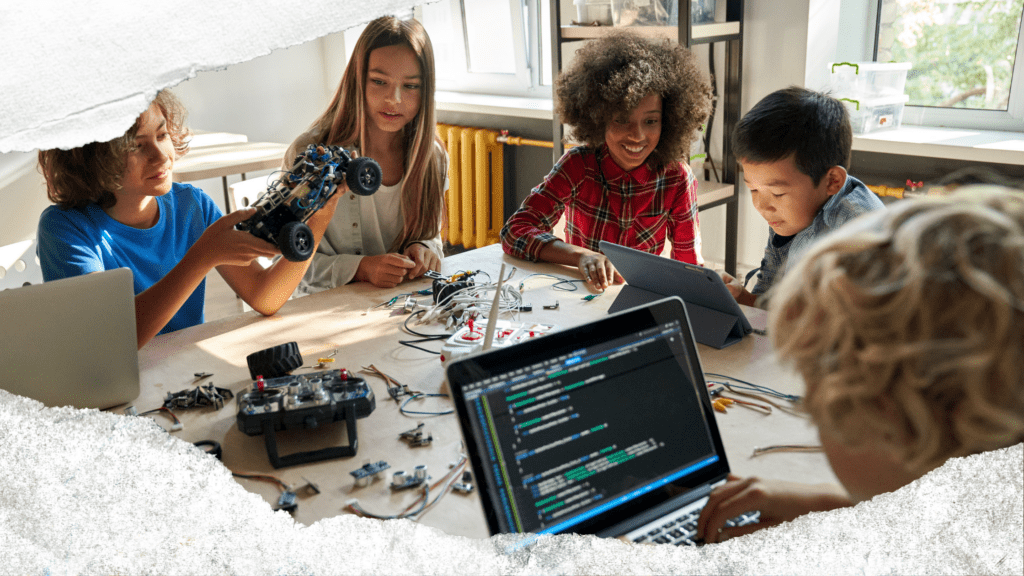


Responses